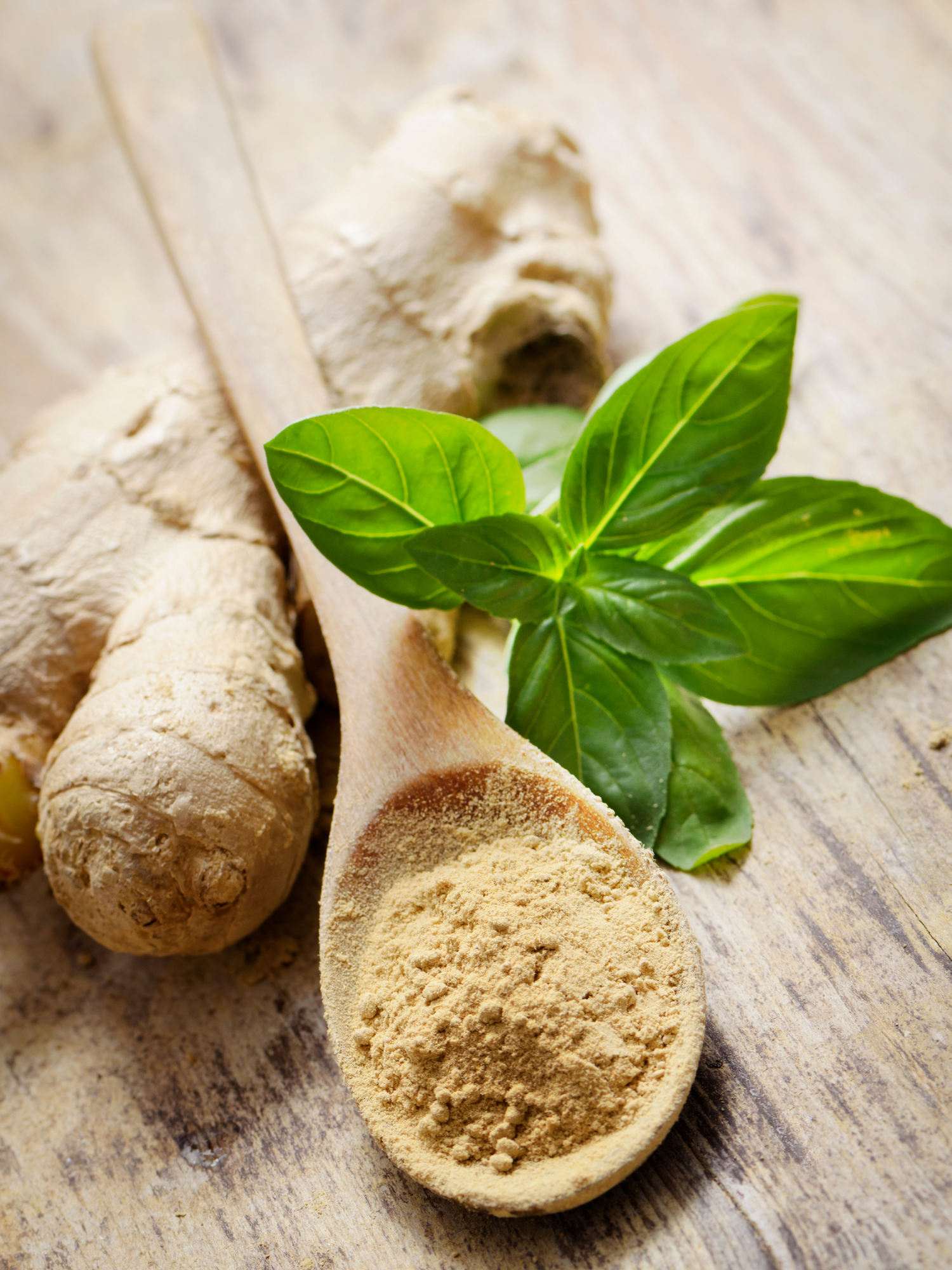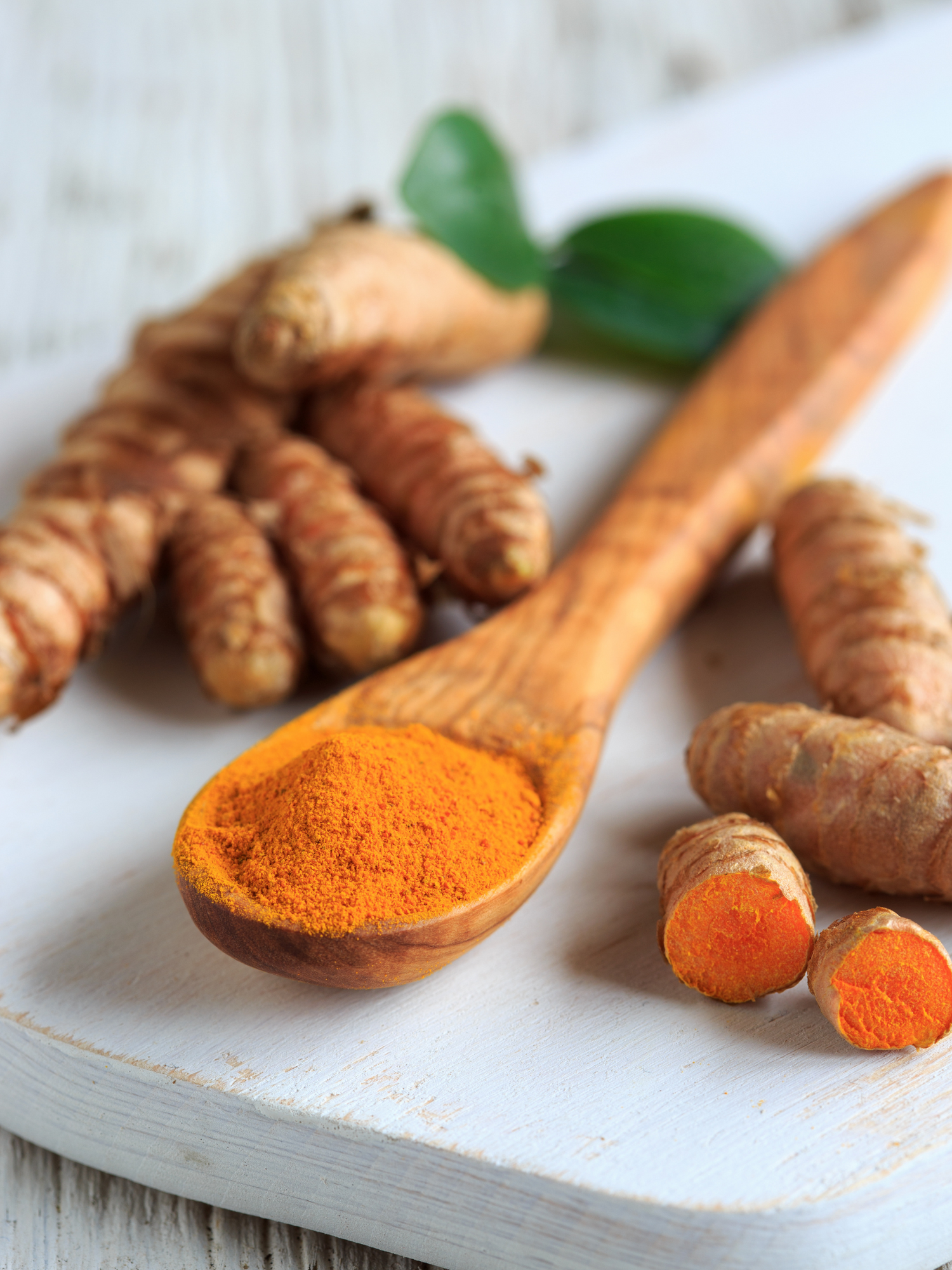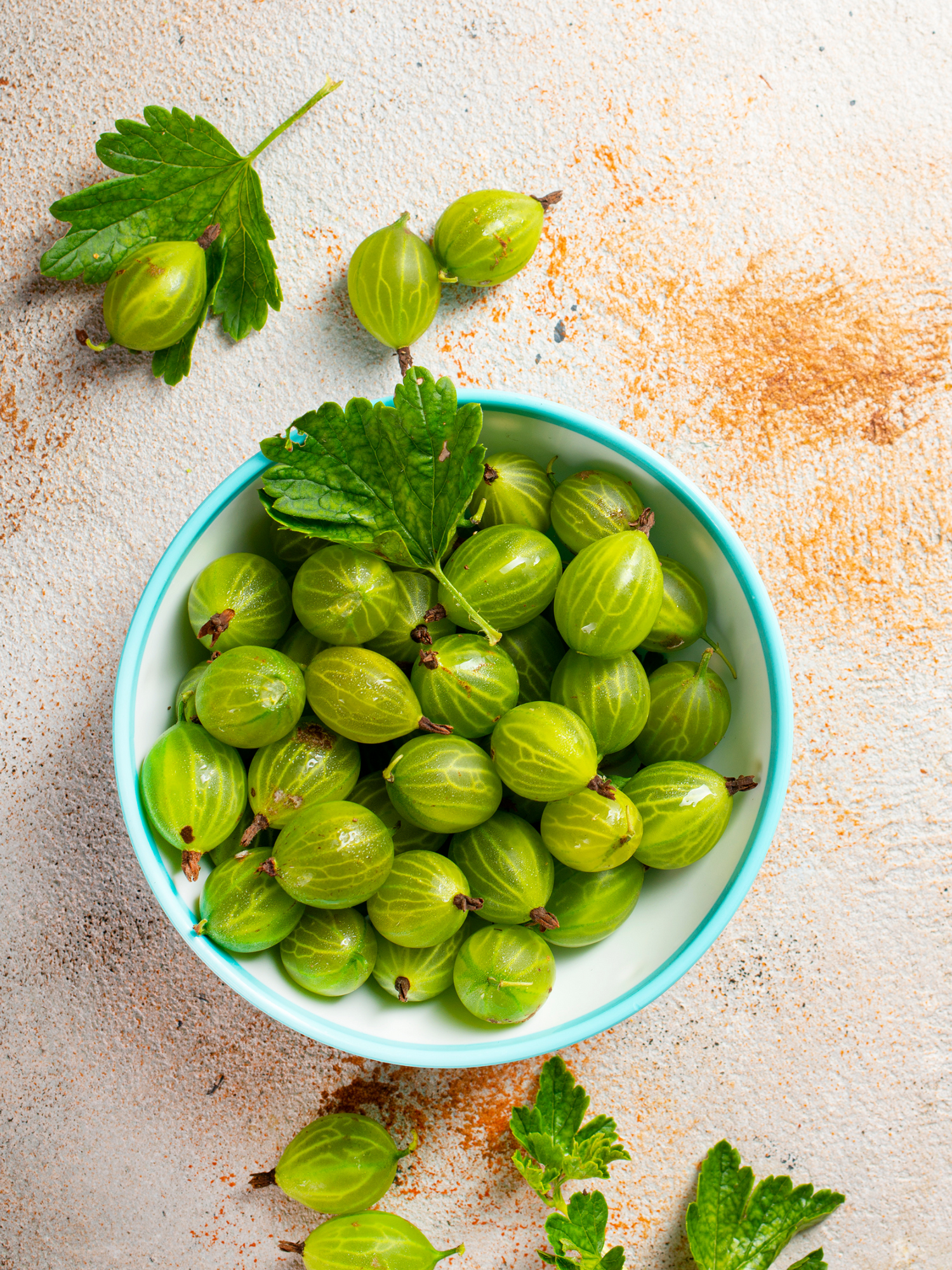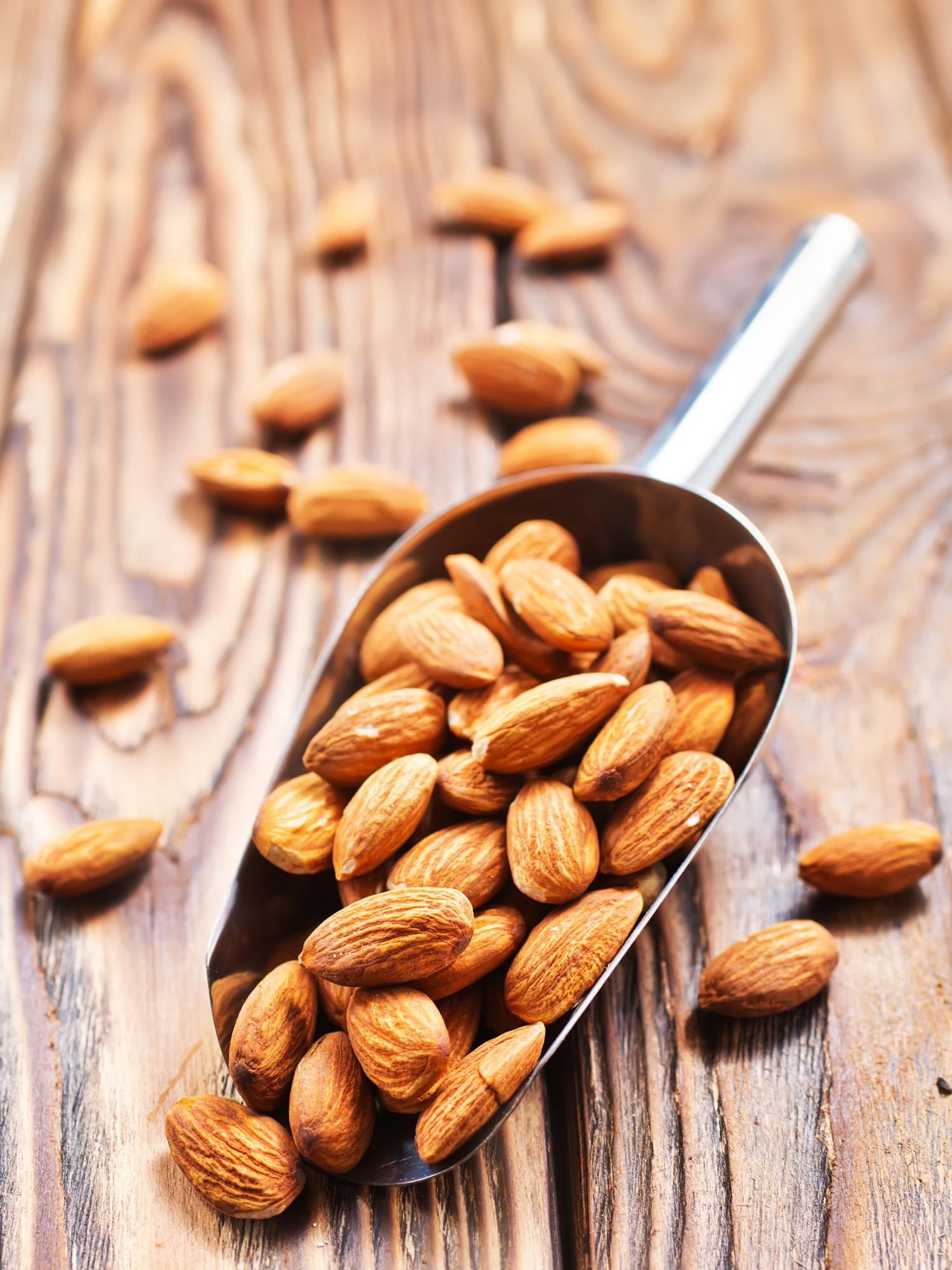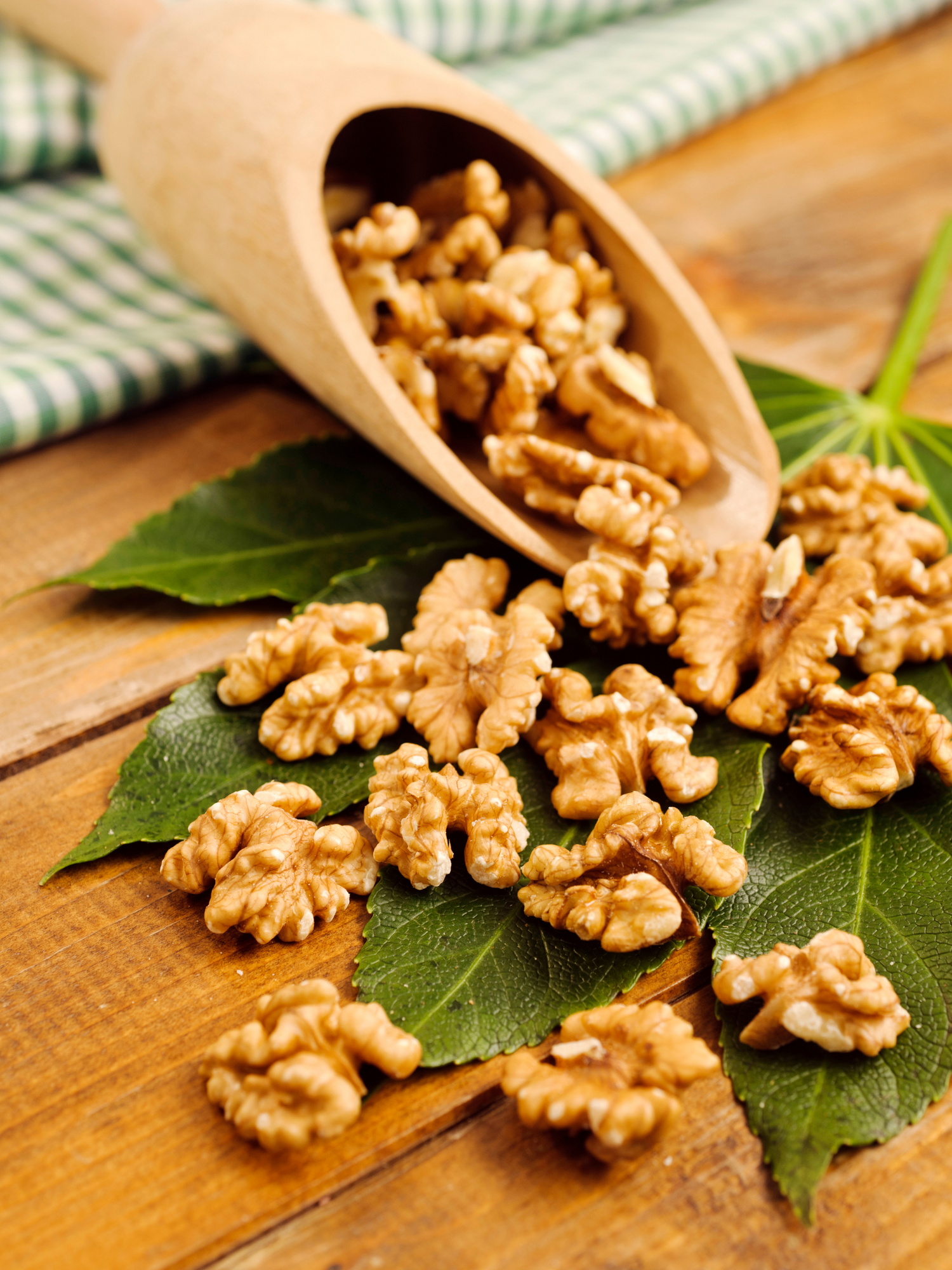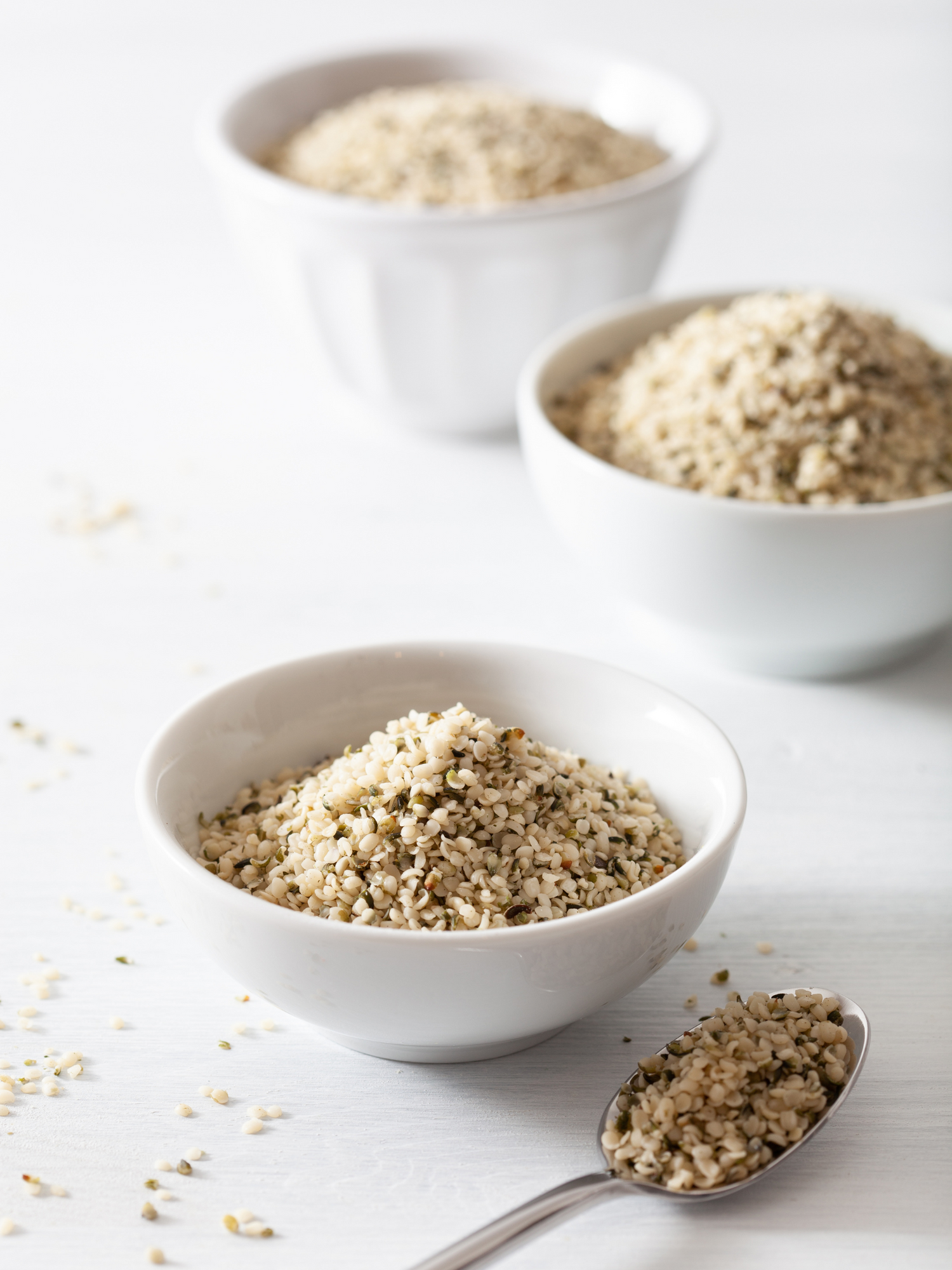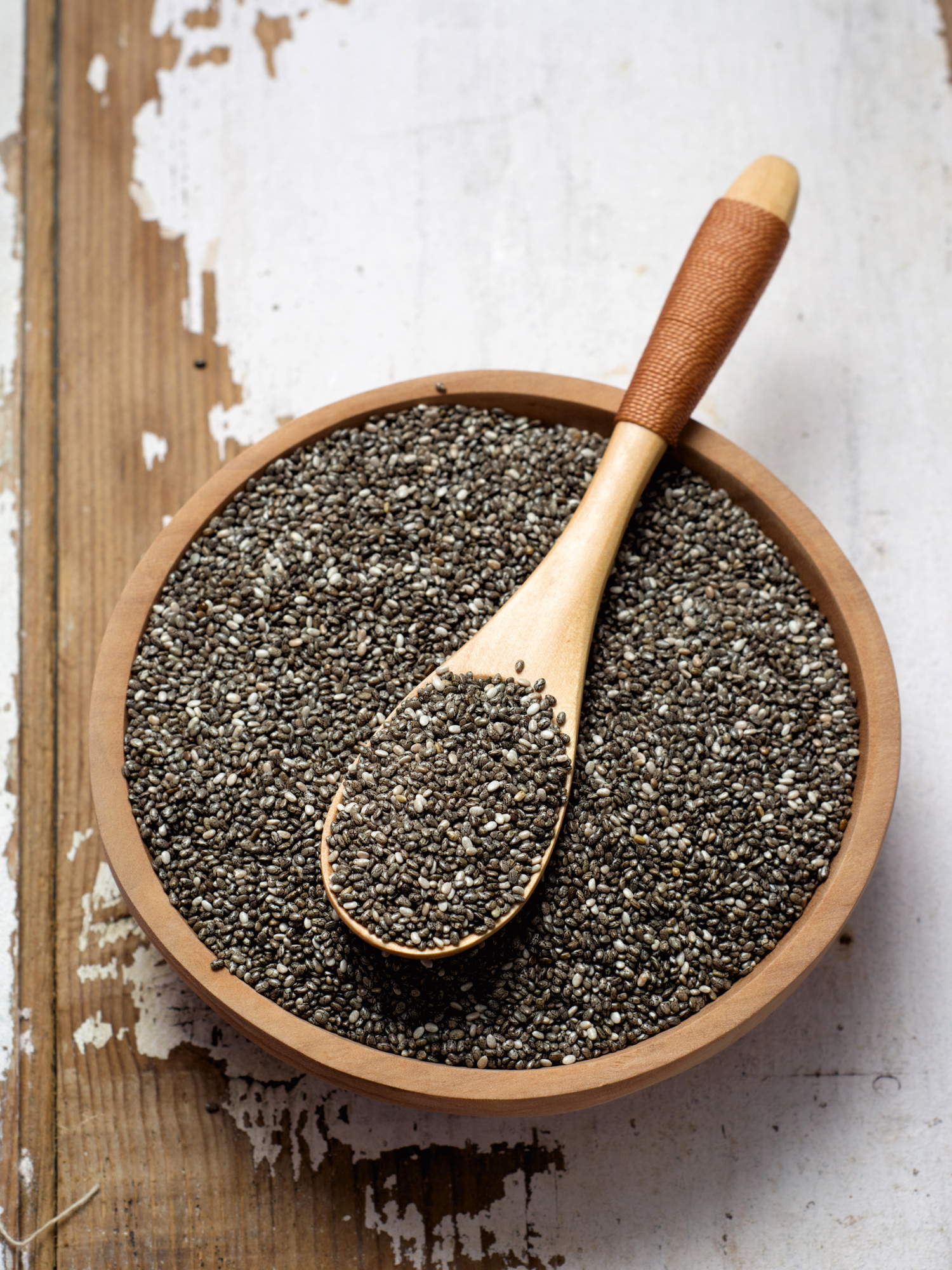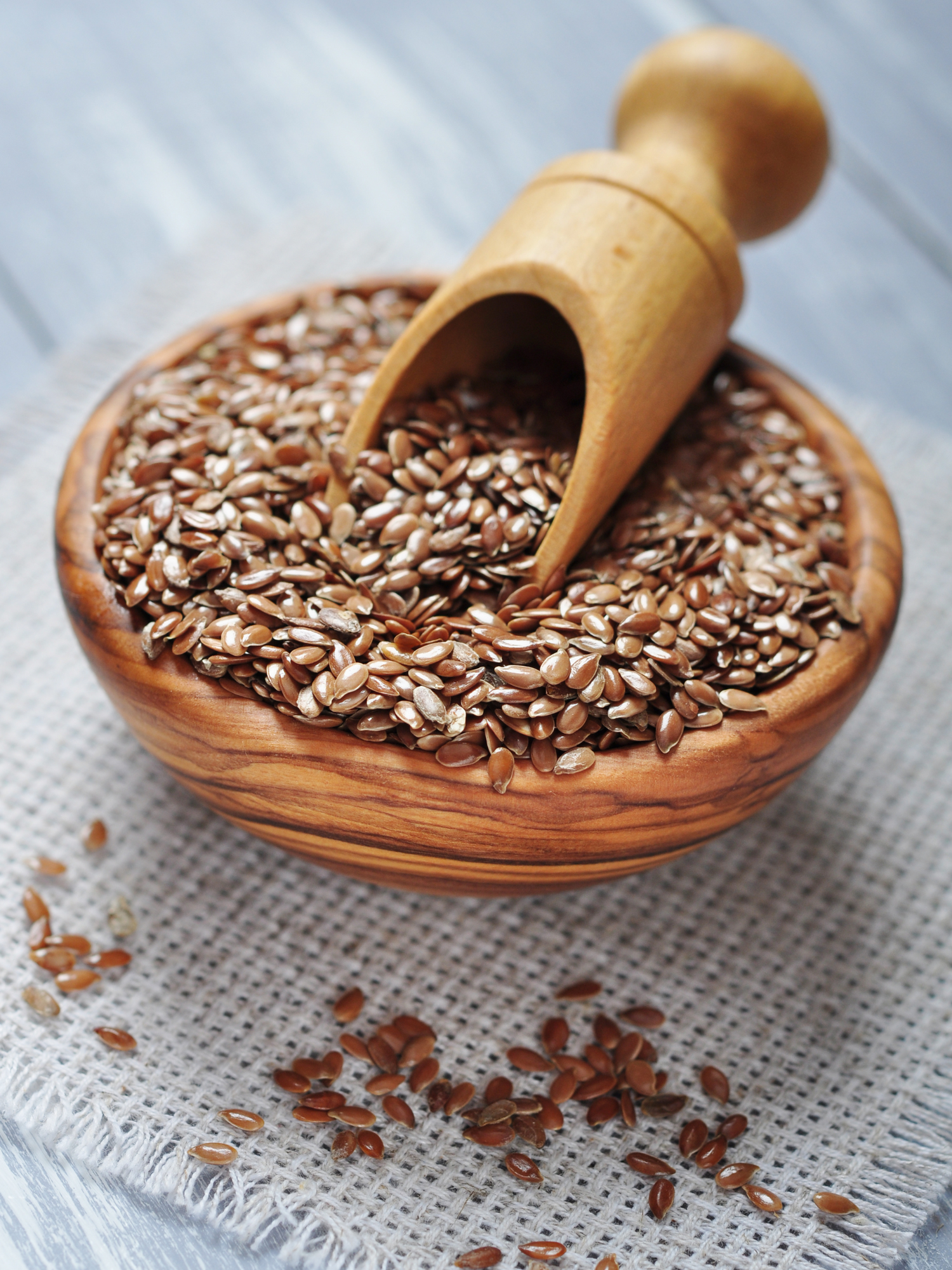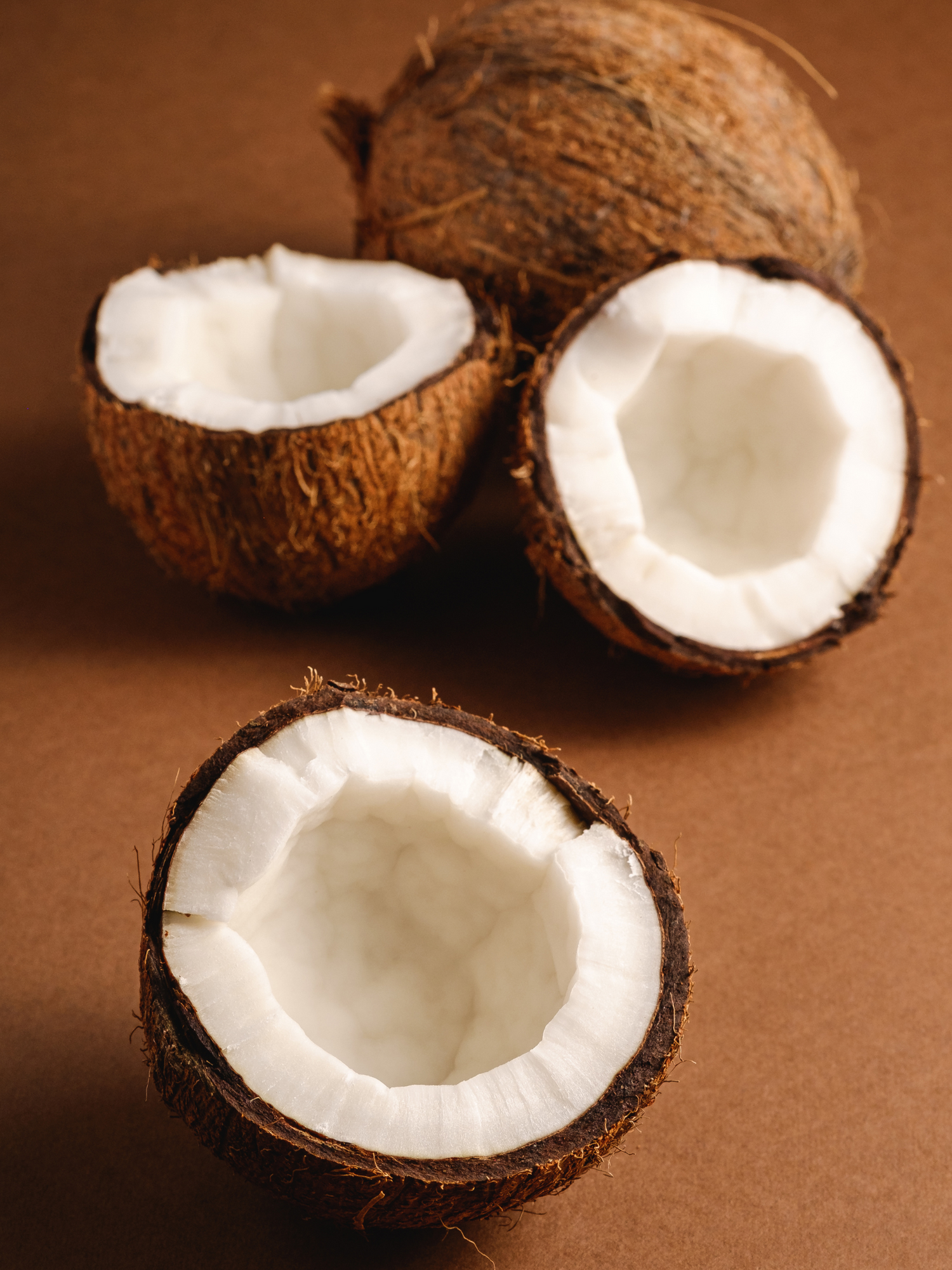Ginger
Benefits
- Contains active compounds like gingerols, zingerone, and shogaols, which have anti-inflammatory properties that reduces inflammation in the body and lower the risk of chronic diseases
- Good source of essential vitamins and minerals like vitamin B6, magnesium, and potassium, which support overall body health
- Ginger is a well-known natural remedy to help soothe digestive issues such as nausea and bloating, particularly during pregnancy or after surgery.
- Ginger helps to relieve respiratory problems such as coughs and bronchitis due to its anti-inflammatory and antiviral properties.
History
Ginger is believed to have originated in Southeast Asia, specifically in the tropical forests of India, China and Malaysia .In ancient times, ginger was highly valued for its medicinal properties. It was used in traditional Chinese medicine, Indian Ayurvedic medicine, and Arabic Unani medicine to treat a wide range of ailments, including digestive problems, respiratory issues, and joint pain. It was also used as a natural remedy for nausea and vomiting, as well as a warming agent to combat cold weather.
Ginger was also highly valued in the Islamic world, where it was used as a spice and a medicine. The famous Persian physician Avicenna, who lived in the 10th century, wrote extensively about the medicinal properties of ginger in his medical texts.
Turmeric
Benefits
- Curcumin found in turmeric has powerful anti-inflammatory effects to reduce inflammation in the body and potentially reduce the risk of chronic diseases
- A potent antioxidant and also helps to boost collagen production to maintain skin's elasticity and firmness.
- Turmeric's natural pigment, curcumin, helps to even out skin tone and reduce the appearance of dark spots and hyperpigmentation, leaving the skin looking brighter and more radiant.
- Contains essential oils like turmerone and curlone, which have anti-cancer effects
- Popular ingredient in health foods, supplements, and beauty/skincare products
History
Turmeric, also known as the "Golden Herb," is a member of the ginger family with a rich cultural heritage and potential health benefits.It is believed to have originated in India and has been used in Ayurvedic medicine for over 5,000 years. It has a long history of use in traditional medicine and culinary practices as a digestive aid, anti-inflammatory and pain reliever.
Turmeric also has cultural and religious significance in India. It is used as a component in Hindu religious ceremonies and believed to bring good luck and prosperity.In Hindu weddings as part of the Haldi ceremony, a paste made from turmeric and other ingredients is applied to the bride and groom's skin to purify and cleanse them.
Amla (Indian Gooseberry)
Benefits
- Richest natural source of Vitamin C, which boosts immunity and improves overall health
- Antioxidant rich such as polyphenols, flavonoids, and tannins, which protect against oxidative stress and chronic diseases.
- Believed to have anti-cancer properties and can also help to regulate blood sugar levels.
- A rich iron source, promoting healthy hair, skin, and nails and preventing premature aging.
- Helps regulate menstrual cycles and reduce menstrual cramps. Also linked to a reduced risk of breast cancer, making it a valuable ingredient for women's health.
History
Amla, also known as Indian gooseberry, has a long and rich history in Indian traditional medicine, Ayurveda and is also considered a sacred fruit. The amla tree (Phyllanthus emblica) is native to the Indian subcontinent and has been cultivated and used for thousands of years.In Ayurveda, amla is considered to be a rasayana, which is a class of herbs and formulations that are believed to promote longevity, good health, and vitality.
Acerola cherry
Benefits
- Rich source of vitamin C, which is essential for immune system function.
- High in antioxidants such as carotenoids and flavonoids which helps to neutralize free radicals in the body
- Source of nutrients such as vitamin A, B6, thiamine, riboflavin, and niacin, as well as minerals like calcium, iron, and phosphorus.
- The high levels of vitamin C and other antioxidants in acerola cherries are beneficial for skin health and collagen production
- The carotenoids found in acerola cherry helps to protect against age-related macular degeneration and other eye diseases.
History
Acerola cherry, also known as Barbados cherry or West Indian cherry, is native to South America, Central America, and the Caribbean. The fruit has a long history of use in traditional medicine and cuisine in the regions where it grows.
Indigenous peoples in South and Central America have been using acerola cherry for centuries for its medicinal properties. The fruit was traditionally used to treat a variety of ailments, including coughs, fevers, and diarrhea. It was also used topically for wound healing and to treat skin conditions.
Almonds
Benefits
- Rich in monounsaturated and polyunsaturated fats which helps to lower cholesterol levels and reduce the risk of heart disease
- Good source of fiber, protein, healthy fats, vitamin E, magnesium, and other minerals for overall health
- High in vitamin E, which improves cognitive function
- Low glycemic index and rich in magnesium for improved insulin sensitivity and blood sugar control
- Good source of calcium and other minerals for bone health
History
The almond tree is believed to have originated in the Middle East, specifically in the region around the Mediterranean Sea. In ancient times, almonds were often used as a symbol of fertility and were included in religious and cultural ceremonies. They were also used for medicinal purposes, and were believed to have a range of health benefits.
Almonds were brought to the Americas by Spanish explorers and missionaries in the 16th century, and were eventually cultivated in California, which is now the largest producer of almonds in the world.
Walnuts
Benefits
- Richest source of omega-3 fatty acids, which can help lower LDL (bad) cholesterol levels and reduce the risk of heart disease. The omega-3 fatty acids in walnuts also helps to improve brain function and memory.
- Contains other nutrients such as vitamin E and folate which helps to improve cognitive function
- Helps regulate blood sugar levels in people with diabetes. Including walnuts in the diet can help improve insulin sensitivity and reduce inflammation in people with type 2 diabetes.
History
Walnuts have been consumed by humans for thousands of years,the earliest evidence of walnut consumption dates back to the Neolithic period, around 7000 BCE,In fact, the word "walnut" comes from the Old English "wealhhnutu," which means "foreign nut," because it was believed to have come from the ancient Roman province of Gaul.
During the Middle Ages, walnuts became a staple food in Europe and was considered to have medicinal properties and were used to treat a variety of ailments, including digestive disorders and skin conditions.
Pecans
Benefits
- Rich source of monounsaturated and polyunsaturated fats, which have been shown to help lower LDL (bad) cholesterol levels and reduce the risk of heart disease.
- Pecans are also high in antioxidants and other nutrients that support heart health.
- Good source of fiber, which can help promote healthy digestion and reduce the risk of constipation, bloating, and other digestive issues
- Pecans have a low glycemic index, making it a good choice for people with diabetes by regulating their blood sugar levels.
History
Pecans are native to North America and have a rich history dating back thousands of years. The word "pecan" is derived from the Algonquin word "pacane," which means "nut that requires a stone to crack." In the 18th century, pecans began to be cultivated on a larger scale, and by the 19th century, pecan orchards were established throughout the southern United States.In addition to their use as a food source, pecans also have a rich cultural significance. In some Native American cultures, pecans are considered to be a symbol of strength and resilience, and the nuts are used in traditional ceremonies and rituals
Dates
Benefits
- Great source of fiber, potassium, magnesium, copper, and vitamin B6, among other nutrients. These nutrients play important roles in various bodily functions, including digestion, heart health, and nerve function.
- Dates are a high-energy food, thanks to their natural sugars and carbohydrates, it gives instant boost of energy
- Good source of calcium and magnesium, important nutrients for bone health.
History
Dates have played an important role in the diets of people living in the Middle East, North Africa, and other parts of the world for many years. The exact origin of the date palm is uncertain, but it is believed to have originated in the region stretching from the Nile to the Euphrates rivers.
In addition to being a source of food, dates were also valued for their medicinal properties. They were used in traditional medicine to treat a range of ailments, including constipation, diarrhea, and fever.They were also used as a form of currency in some cultures, and were considered a symbol of hospitality and generosity.
Hemp Seeds
Benefits
- Nutritional Powerhouse: Hemp seeds are rich in essential nutrients like protein, healthy fats (omega-3 and omega-6 fatty acids), vitamins (such as vitamin E), and minerals (including magnesium, potassium, and iron), making them a valuable addition to a balanced diet.
- Heart Health: The omega-3 fatty acids found in hemp seeds have been linked to reducing the risk of heart disease by lowering cholesterol levels and maintaining healthy blood pressure. Additionally, their optimal omega-6 to omega-3 ratio supports cardiovascular health.
- Digestive Health: Hemp seeds are a good source of both soluble and insoluble fiber, aiding digestion and promoting regular bowel movements. Consuming hemp seeds can contribute to a healthy gut microbiome and may alleviate constipation.
- Versatility and Ease of Use: Hemp seeds are incredibly versatile and can be incorporated into various dishes easily. They can be sprinkled over salads, blended into smoothies, used as a topping for yogurt or oatmeal, or even ground into hemp seed flour for baking, providing a convenient way to boost nutrition in everyday meals.
History
Hemp seeds boast a millennia-spanning history, with records of their use dating back to ancient civilizations like China, Mesopotamia, and Egypt. Valued for their versatility, hemp seeds provided sustenance as a staple food, contributed to textiles as fiber, and even found use in traditional medicine. Their significance continued into colonial America, where hemp cultivation was mandated in certain regions, recognizing its economic importance.
However, the 20th century witnessed a shift as hemp faced stringent regulation due to its association with marijuana. Despite containing minimal THC, the psychoactive compound found in marijuana, hemp cultivation declined in many areas. In recent decades, though, there's been a resurgence of interest driven by the recognition of hemp seeds' nutritional richness and their potential applications in various industries. With relaxed regulations in many countries, hemp cultivation is on the rise once again, offering not only a valuable source of nutrition but also a promising eco-friendly crop option due to its fast growth and minimal need for water and pesticides.
Chia Seeds
Benefits
- Rich source of Omega-3 fatty acids, which helps to lower LDL (bad) cholesterol levels and reduce the risk of heart disease.
- High in antioxidants which protects against cell damage and premature aging.
- Good source of calcium, magnesium, and phosphorus, all of which are important nutrients for bone health.
- improve blood sugar control and reduce insulin resistance
- Promote weight loss and weight management due to their high fiber and protein content.
History:
Chia seeds come from the Salvia hispanica plant, which is native to Mexico and Guatemala. The seeds were an important food crop for the Aztecs and Mayans, who used them as a source of energy during long journeys and in religious ceremonies.
They were largely forgotten for several centuries, until they were rediscovered in the 20th century as a result of renewed interest in ancient Mesoamerican foods and traditional medicine.
Flax Seeds
Benefits
- One of the richest sources of alpha-linolenic acid (ALA), a type of Omega-3 fatty acid important for heart health.
- The soluble fiber in flax seeds helps reduce LDL (bad) cholesterol levels, which lowers risk of heart disease.
- Rich in essential nutrients, including magnesium, potassium, and zinc, which support overall health and wellbeing.
- Low in carbohydrates and high in healthy fats, making them a great addition to a low-carb or ketogenic diet.
History
Flax seeds are one of the oldest crops cultivated by humans, with evidence of their use in ancient civilizations.They were used In Chinese medicine, Ayurveda and also in European traditional folk medicines to treat constipation, diarrhea, and other digestive disorders. They were also used topically to treat skin irritations and inflammation.
Coconut
Benefits
- Rich in medium-chain triglycerides (MCTs) for energy boost and weight management
- MCTs in coconut, increases levels of HDL ("good") cholesterol and improves overall heart health.
- Good source of fiber, vitamins C, E, B-complex, and minerals such as potassium, magnesium, and copper for overall health
- Contains lauric acid with antimicrobial and antiviral properties for immune support
- Helps in moisturizing and nourishing skin and hair health
History
Coconut is believed to have originated in the Indo-Pacific region, specifically in the area now known as Southeast Asia. It has been cultivated for thousands of years, and was a staple food in the diets of many civilizations.
Coconut was introduced to the Western world by early explorers and traders, who brought the fruit back to Europe and the Americas. It quickly gained popularity as a food and commodity, and became an important part of the global trade network.
